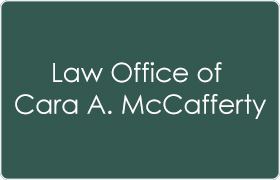 Hainesport Divorce & Family Law Lawyers, New Jersey
Hainesport Divorce & Family Law Lawyers, New Jersey
Sponsored Law Firm
-
 x
x

Click For More Info:
-
Law Office of Cara A. McCafferty
975 Route 73 North Suite A Marlton, NJ 08053» view mapDivorce & Family A Law Firm You Can Trust
With over 12 years of experience, I am confident that my abilities can meet your needs.
800-994-0860
Sponsored Lawyers
1-5 of 5 matches
Divorce, Domestic Violence & Neglect, Child Custody, Alimony & Spousal Support, Traffic
The law office of Michael J. Stein has been an integral part of the surrounding communities of Burlington County for more than a decade. We help families and individuals throughout South Jersey take prudent legal steps in family law matters such as divorce law, child custody, and domestic violence, and to protect their interests when buying or selling a home or facing criminal charges. Led by founding attorney Michael J. Stein, our law firm prides itself on being accessible to clients and communicating with them with a comforting frequency throughout their case until it is resolved. We practice primarily in: Divorce Law Family Law Residential Real Estate DWI and Traffic Offenses Our family law attorney provides thoughtful counsel and resolute representation in court on issues of divorce, child support, child custody, alimony, adoption, and restraining orders. Michael J. Stein, Attorney at Law, represents clients who are buying or selling homes, as well as those seeking advice on inspections, surveys, and real estate contracts. We also provide criminal defense for drunk driving, traffic violations, and municipal offenses. Our diverse legal background empowers us to represent both plaintiffs and defendants. Clients benefit from our unique and reverse perspectives gained from both sides of the aisle. In fact, many current clients have been referred to us by former clients who appreciated the way we resolved their legal issues. In addition, many of those we’ve helped continue to place their trust in us the next time they need a lawyer.
(more)


 Cara McCafferty Marlton, NJ
Cara McCafferty Marlton, NJ

